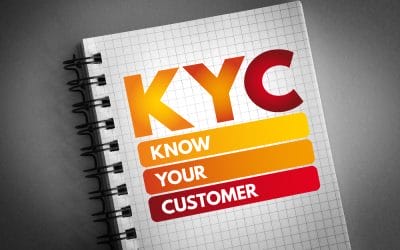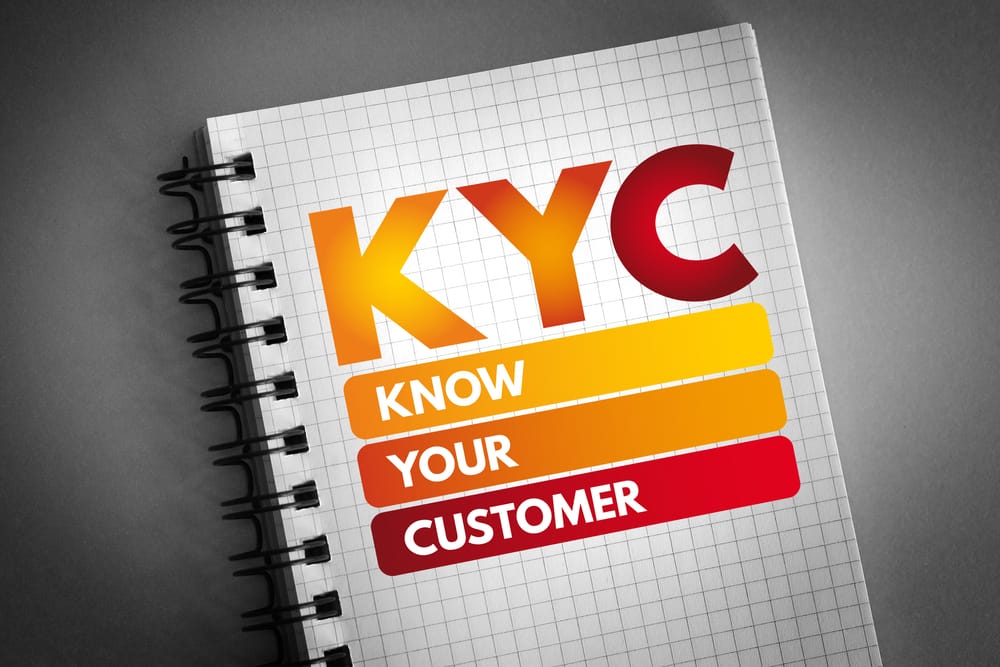
The use of blockchain has been said to provide massive benefits for financial institutions but what real progress has been made? Sure, firms such as JP Morgan have been playing with private chains such as Quorum and Hyperledger for years now, does this mean that public chains are a no-go for regulated financial institutions?
Not at all. In fact, one of the major shifts due to blockchain and DLT that we anticipate over the long term is both the consolidation and vertical integration, of the financial services sector. Licensed broker dealers are beginning to add digital assets to their workflows. Money services businesses such as Bidali offer preferential rates to settle transactions using ERC20 stablecoins rather than expensive and time consuming bank wires.
These players are on the front lines of engaging the end customer of financial services. Deep in the back offices of financial services, we see central banks around the world both piloting and incorporating public blockchains – most notably Ethereum – into key business processes.
Here is a recap of central bank action from Q4 2018:
The Singapore Stock Exchange (SGX) in Q4 2018 launched a platform for settling tokenized securities across multiple blockchain platforms. This came out of coordinated central bank efforts to streamline processes and focused on post trade processing only.
As a follow up to Project Ubin – launched by the Monetary Authority of Singapore – the Bank of Canada partnered with the TMX Group and Payments Canada to launch Project Jasper. Continuously, we are seeing how savvy, and pragmatic, these institutional players are in their application and adoption of distributed ledger technology. The project was run on Ethereum, Corda and Hyperledger.
Other Central Bank initiatives exploring blockchain infrastructure:
- Project Khako by the South African Reserve Bank
- Project Jasper by the Bank of Canada
- Project Stella by the European Central Bank and Bank of Japan
More directly related to iComply, several Central Banks in North America and Asia are beginning to explore the use of blockchain forensics to monitor money-laundering, terrorist financing, and fraud on major blockchains such as Bitcoin, Ethereum, Litecoin, Dash, and others.
This is critical because most central banks have AML policies that will restrict the adoption of public blockchain transactions (such as the Bank of Canada and Bank of Singapore) without properly screening for the source of funds on the digital assets they uses to transact.
While we have yet to see a central bank issue their own stablecoin, this is likely just a matter of time.
About iComply Investor Services Inc.
iComply Investor Services Inc. (iComply) is an award-winning software company focused on reducing regulatory friction in the capital markets. With powerful data, verification, tokenization solutions, iComply helps companies overcome the cost and complexity of multi-jurisdictional compliance to effectively access new markets. Learn more: iComplyIS.com
A Quick-Start Guide to AML Compliance
Building a Robust AML Program: A Compliance Officer’s Guide
Learn how to streamline AML compliance with digital onboarding, automated SAR submissions, secure record keeping, and a risk-based approach.
The Future of KYB: Streamlined Verification for Seamless Business Transactions
KYB Made Easy: Streamlining Business Verification
Discover how modern KYB technology is simplifying business verification, making it faster, more secure, and user-friendly. Learn how automated checks, biometric verification, and real-time compliance can benefit your business.
The Future of KYC: A Digital Journey Through Verification
The Future of KYC: A Seamless Digital Experience
Explore how modern KYC technology is transforming identity verification, making it faster, more secure, and user-friendly. Discover the benefits of biometric authentication, blockchain security, and self-sovereign identity.







